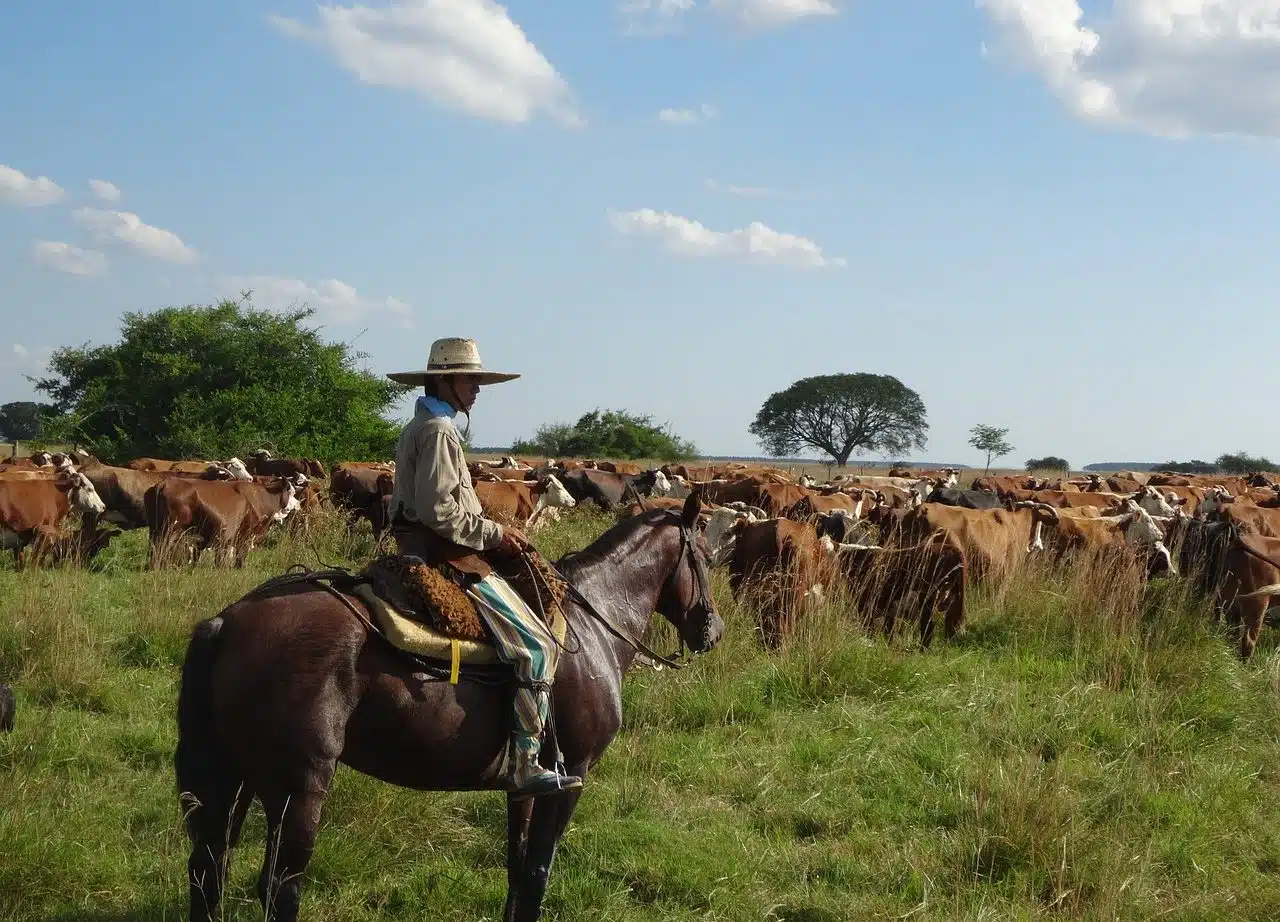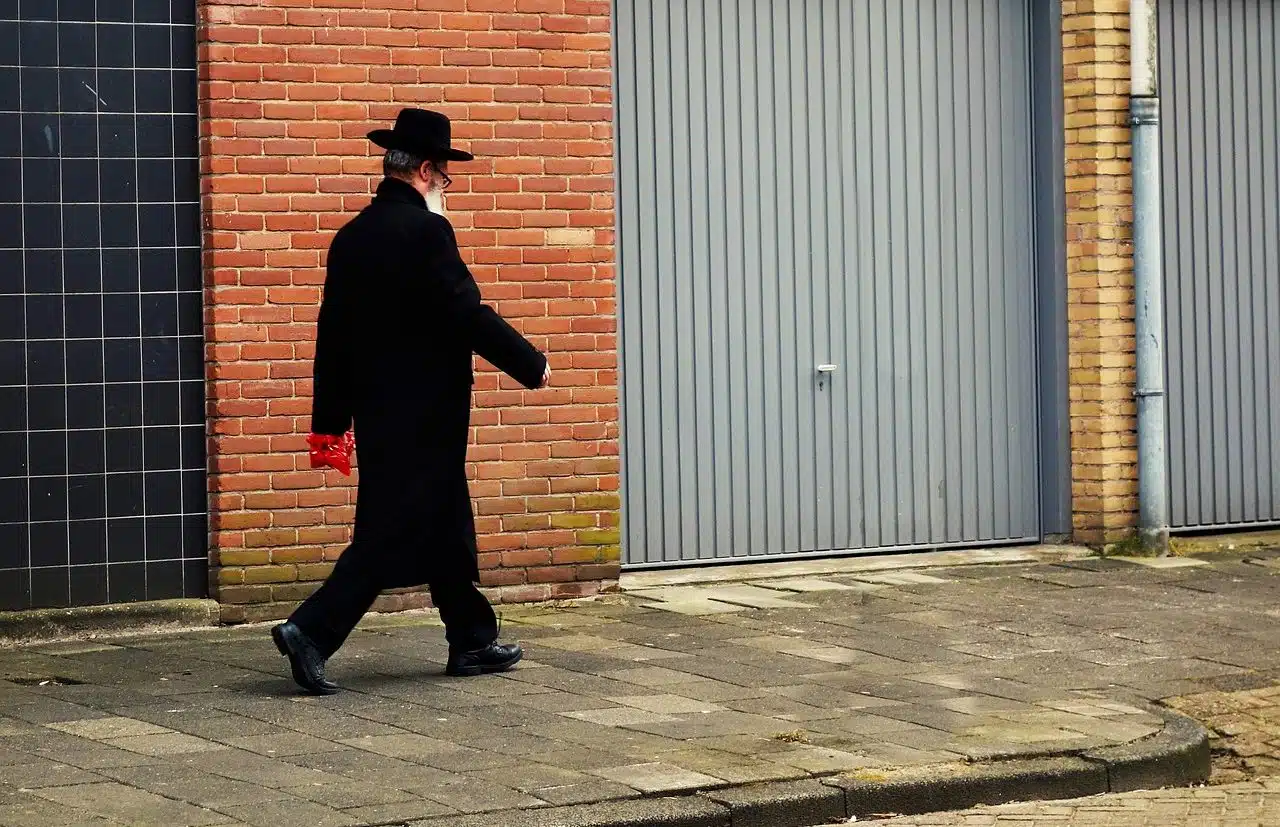
Paisano can be used as a synonym for gaucho.
Paisano is a term that has several uses. As a noun, it usually refers to the person who resides in the countryside and who carries out various tasks typical of rural areas, linked to agriculture, livestock, obtaining raw materials, etc.
For example: “I like the custom of countrymen to greet those who cross their path,” “A countryman rescued a girl who was drowning in the stream,” “My grandfather was a countryman who herded cows in the field.” ” .
The notion of paisano is frequently used as a synonym for gaucho , a peasant who resides in certain regions of South America and is usually characterized by his ability to ride a horse.
Countryman as an adjective
As an adjective , on the other hand, a countryman is someone who shares origin or place of residence with another person . The countrymen, therefore, are compatriots , commuting citizens , etc.: “Last night I met one of our countrymen at the bar,” “I would like my daughter to marry a countryman,” “In this bar, we only employ our countrymen: it is a way to help them integrate into this country.”
The ties established between people of the same nationality when residing in a foreign country are very particular and, many times, stronger than the friendships that exist in their own nation. Many are unaware of the level of desolation and confusion that is experienced when crossing borders and entering a different soil. One of the first obstacles that emigrants (or immigrants, depending on your point of view) usually encounter is language.

Jews, in some contexts, are referred to as countrymen.
Language barriers
Language barriers can represent real walls for immigrants, not only when looking for a job or housing, but also when it comes to establishing social relationships. For people who prefer solitude, this may not be a real problem; But for the most extroverted, finding themselves in an environment where their comments have no meaning can be very difficult to navigate. It is there where the figure of the countryman becomes a light in the darkness.
Traveling abroad can have various objectives, including: learning or perfecting a foreign language; get a good job and save money to later return with a large capital and invest it in a business or in the purchase of a house; or change countries indefinitely due to the desire to discover new cultures . Depending on the case, the difficulties of an international move can be irresistible or overwhelming.
For those who find themselves in the second group, the presence of a countryman on foreign soil is almost essential to share a relaxed chat at the end of the day, to exchange experiences and useful information about their new lives and to not feel so different , so misunderstood, at least for a few hours.
Other uses of the term
In some countries, the term paisano is used as a synonym for Jew , both in its noun and adjective form. In Argentina , for example, it is common to hear the word paisano to refer to Jewish people in conversations between people who do not belong to said community . In Mexico , on the other hand, the usage is slightly different: the Jews themselves say paisano to talk about an individual who belongs to their same community.
Paisano Park , meanwhile, is a North American region located in San Patricio County ( Texas ). About one hundred and thirty people live there, mostly of Latin or Hispanic origin .
In Colombia , someone who lives in certain regions of the country ( Caldas , Antioquia , Quindio and others) is known as a paisa. By extension, a criminal group composed mainly of men from Antioquia with a paramilitary past is called “Los paisas.”
